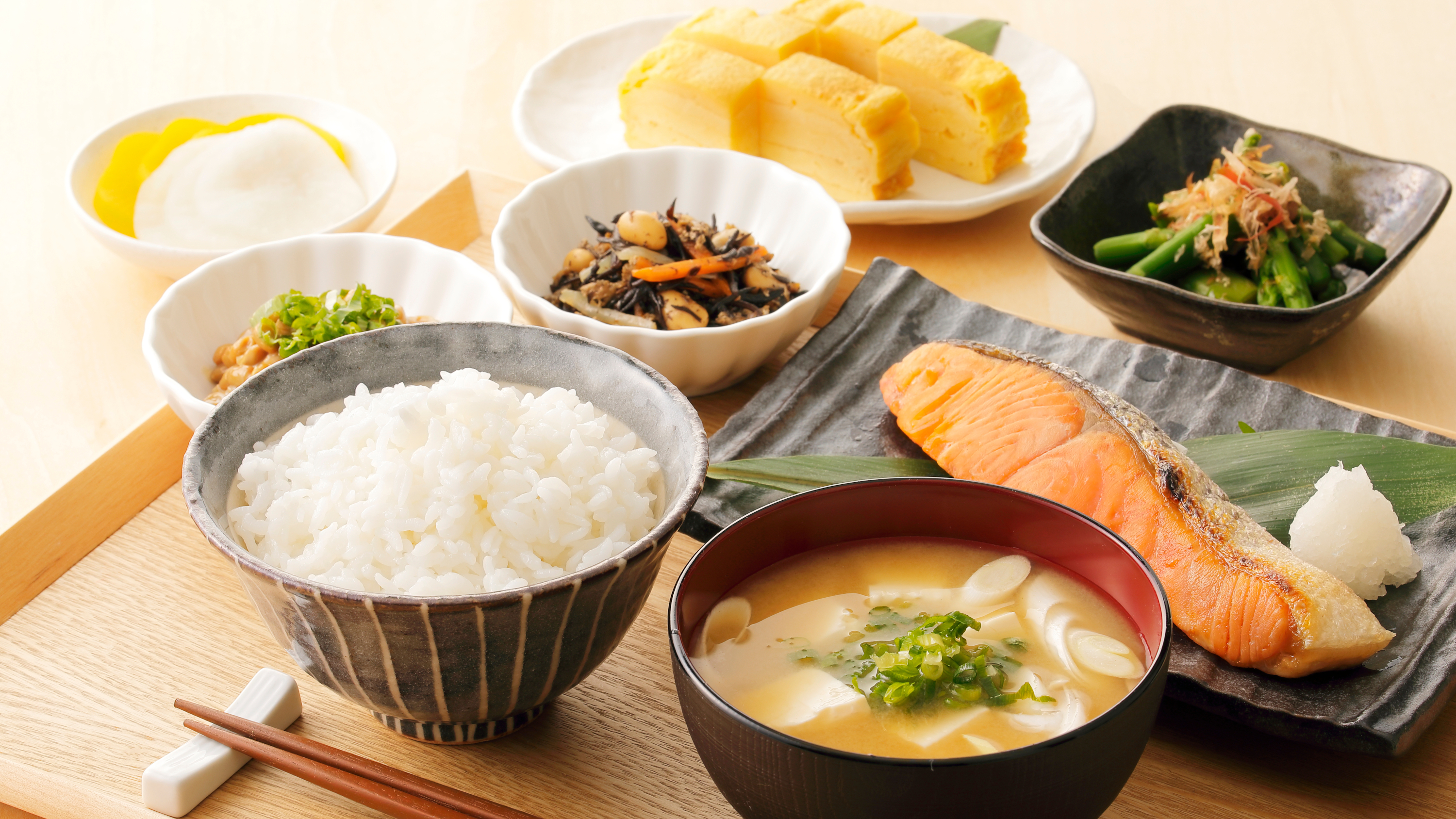New research suggests this Japanese-inspired diet could boost your mental health
Food that feeds your mood.

There have been connections between our diet and mood for many years. You may have heard of the gut-brain axis, which links our digestive health to how we feel mentally. While regular exercise is often highlighted for its mood-boosting benefits, and we have tested plenty of the best running shoes to help you get started, diet can sometimes be overlooked.
New research published in the Journal of Psychiatry and Clinical Neuroscience suggests that following a Japanese-inspired diet may help reduce symptoms of depression.
What the study found
The study looked at over 1,700 Japanese adults over a three-year timeframe. Researchers gave participants a diet score based on how closely they followed either a traditional or modified Japanese dietary pattern.
Both styles emphasize foods like fish, vegetables, mushrooms, soy, seaweed, and green tea, while limiting red meat and sugary drinks. The modified diet incorporates whole or minimally processed grains in place of white rice, introduces fruits and dairy products, and emphasizes lower sodium intake to enhance its overall nutritional profile.
The results showed that people with higher diet scores reported fewer depressive symptoms. Interestingly, the benefit appeared to come from how consistently participants followed the overall pattern, even if their diet wasn’t perfect.
How you can sprinkle some of the Japanese style diet into your own
While the study was based in Japan, it highlights how eating a balanced, nutrient-rich diet could help lower symptoms of depression. It’s not about changing your whole diet overnight, but simply adding more whole foods like oily fish, leafy greens, fermented soy products such as miso or tofu, and seaweed, while cutting back on processed snacks, sugary drinks, and red meat.
Diet is a hugely personal thing. What works well for one person might not suit another, especially if you have allergies, health conditions, or specific nutrition goals. If you are unsure about what changes are right for you, it’s best to speak with a registered dietitian or healthcare provider who can offer personalized advice.
Get instant access to breaking news, the hottest reviews, great deals and helpful tips.
More from Tom's Guide
- I swapped the StairMaster for hill running — here’s what it did for my mind and body
- New study says these workouts don't just build strength — they improve your sleep, too
- Forget tight hips — try these 5 mobility moves to unlock stiff hips and build stronger glutes

Jessica has been a fitness writer at Tom’s Guide since 2023, bringing three years of experience writing about health, fitness, and the great outdoors. Her passion for exercise began during her childhood, where she spent weekends hiking and competing in local athletics club events. After earning a master’s degree in journalism from Cardiff University, Jessica found the perfect way to combine her love of storytelling and fitness into a career.
Jessica is passionate about testing fitness gear and tech, using her reviews to help readers make informed buying decisions. She ran her first marathon in April 2024, finishing it in 3 hours and 48 minutes. Through her training, she’s developed a deep understanding of what it takes to grow as a runner, from effective workouts and recovery techniques to selecting the right gear for every challenge.
When she’s not at her desk, Jessica enjoys spending time in the kitchen crafting new recipes, braving cold water swims and hiking.
You must confirm your public display name before commenting
Please logout and then login again, you will then be prompted to enter your display name.
 Club Benefits
Club Benefits





